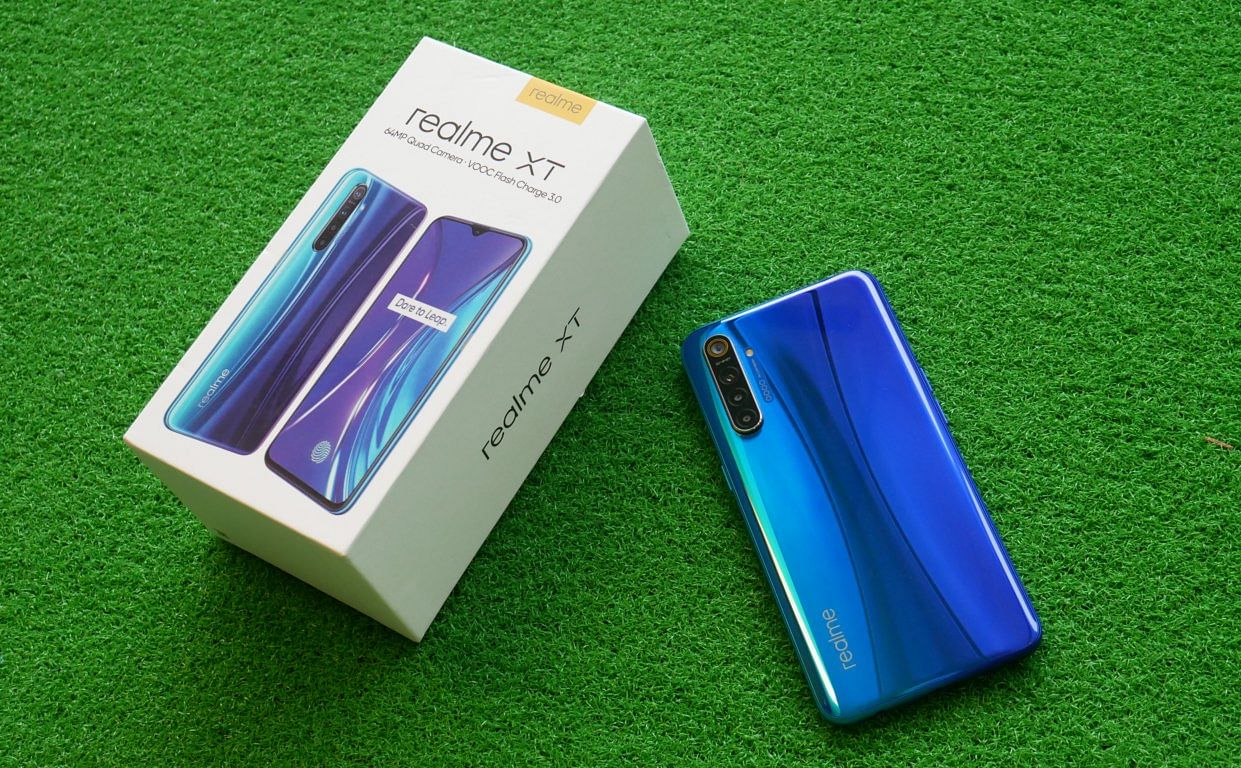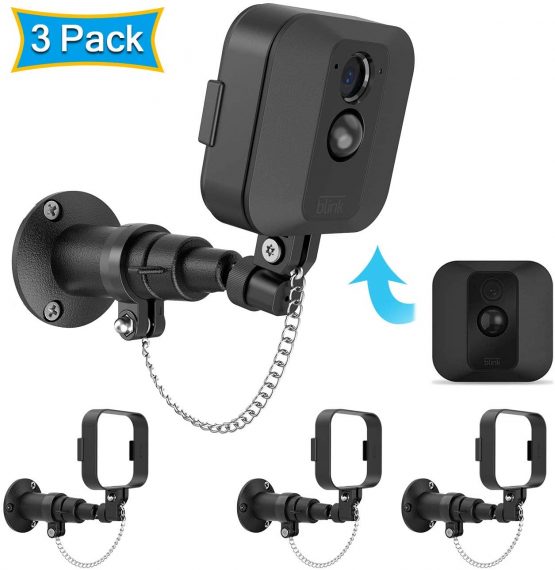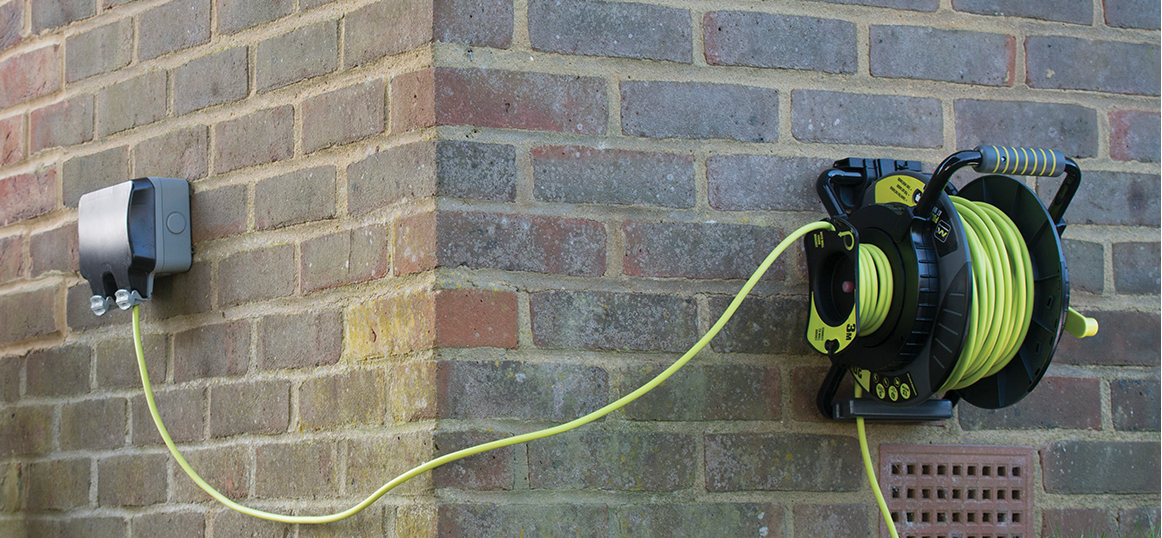
YTB323, an investigational, autologous CD19-directed CAR-T cell therapy developed using the T-Charge platform, showed promising results in the diffuse large B-cell lymphoma arm of a first-in-human, multicenter, Phase I dose-escalation study. “We are encouraged by these promising early clinical data from the first CAR-T cell therapies produced using the T-Charge platform as we look to accelerate their development and delivery to patients.” Our ambition now is to go beyond incremental advances, to further reimagine CAR-T cell therapy and give patients a higher likelihood of durable responses with the ultimate potential for a cure,” said Jay Bradner, President of the Novartis Institutes for BioMedical Research. “With T-Charge, we aim to build on the vast knowledge gleaned from early investment in CAR-T research and trials.

These unique characteristics of the T-Charge platform may lead to better and more durable responses, improved long-term outcomes and a reduced risk of severe adverse events 1 - 4. With T-Charge, CAR-T cell expansion occurs primarily within a patient’s body (in-vivo), eliminating the need for an extended culture time outside of the body (ex-vivo) 3 ,4. The T-Charge platform preserves T cell stemness, the ability to self-renew and mature, which results in a product containing greater proliferative potential and fewer exhausted T cells 3 ,4. For the 11 patients with multiple myeloma who received the two highest doses of PHE885, the best overall response was 100% 2. Notably, initial efficacy data show a complete response rate of 73% (95% CI: 44.9, 92.2) at month three for the 15 patients with diffuse large B-cell lymphoma (DLBCL) who received dose level two of YTB323 1. At the 63rd American Society of Hematology Annual Meeting & Exposition (ASH) 2021, Novartis will present early clinical data from ongoing Phase I clinical trials with YTB323 (anti-CD19) and PHE885 (anti-BCMA), the first Novartis CAR-T cell therapies developed using this platform.




 0 kommentar(er)
0 kommentar(er)
